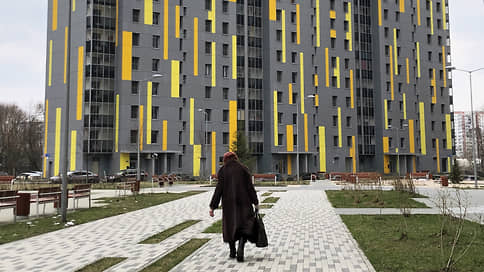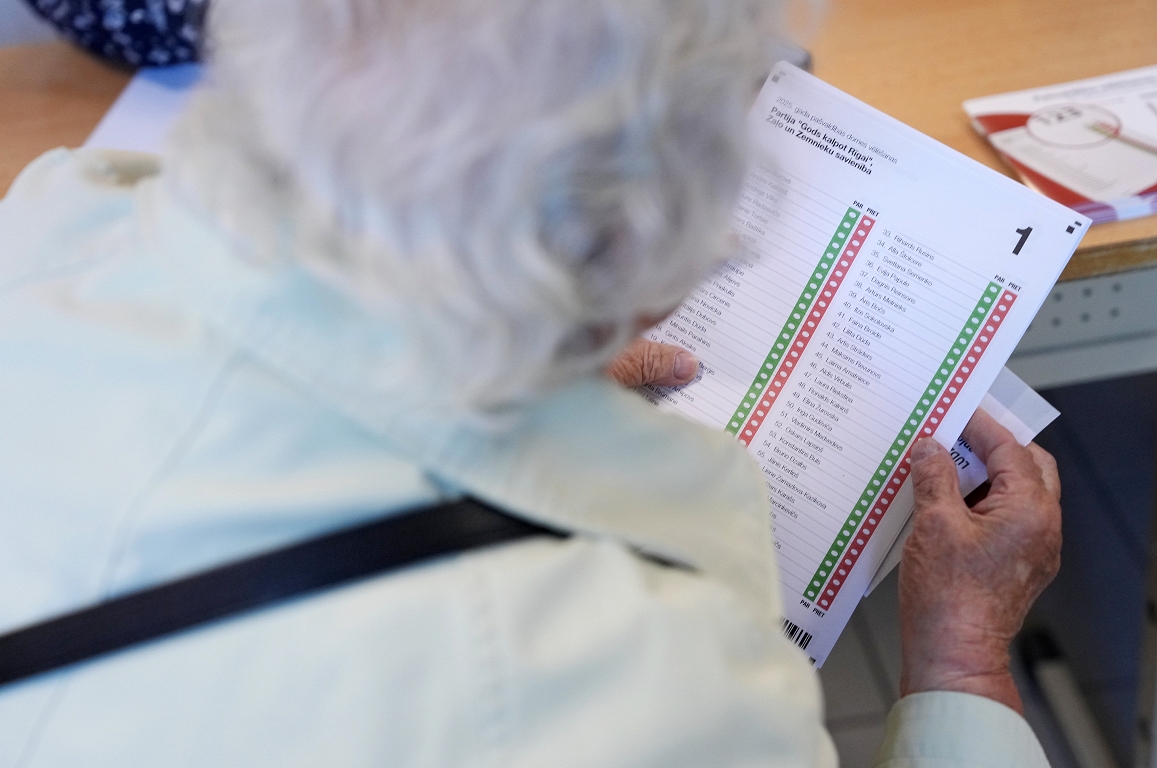How will the State Register of Honers work on improving housing conditions

At a government meeting on Thursday, a bill was approved on the creation of a single register of citizens from September 1, 2025, which needs to improve housing conditions. It is assumed that this will unify fragmented data about the waiting list – the current order leads to the “rescue” of information and does not allow to effectively plan the budgets of the relevant programs. According to preliminary estimates, more than 2 million Russians can enter the register.
The government approved for introducing to the State Duma bill On the unification of the approach to accounting for citizens in need of improving housing conditions. This will be done by creating a single registry of the waiting list. The project was proposed The Ministry of Construction in August last year. It is about vulnerable categories of citizens (about the poor, young families, orphans, veterans, disabled people), which the state provides, including housing certificates or lump-sum payment for housing.
The register will be created from September 1, 2025 on the basis of a unified information system of housing construction, its operator will become Dom.rf.
Gorgens of different levels will place information and documents in the register regarding citizens entitled to receive “housing support”. Also in the register there will be information about residential premises in state property.
As Prime Minister Mikhail Mishustin explained at a government meeting, now data on citizens entitled to improve housing conditions are contained in various information systems (federal, regional and municipal ones) and the decision to provide housing is made by the bodies in whose ownership the building is located.
As noted in an explanatory note to the bill, taking into account different categories of citizens, depending on the type of housing support, is carried out separately. As explained by Kommersant, the managing director of Dom.RF Svetlana Nekrasova, the absence of a single register of citizens does not allow to give an accurate assessment of the number of such persons, according to preliminary data, more than 2 million people.
The absence of a single accounting leads to the “backbone” of data: citizens can consist in lines in several categories or in different municipalities.
Among other problems are the lack of relevant information on the volume of state obligations in this area. As a result, there are risks of ineffective planning of budget expenditures on the formation of a fund for housing.
The creation of the registry will not only ensure an analysis of the adequacy of the housing fund of social use, but also predict the need for it. As Mikhail Mishustin noted, innovations will “accelerate decision -making on the provision of housing to those in need, and will also allow you to monitor what is being done in the regions to help such citizens.”








